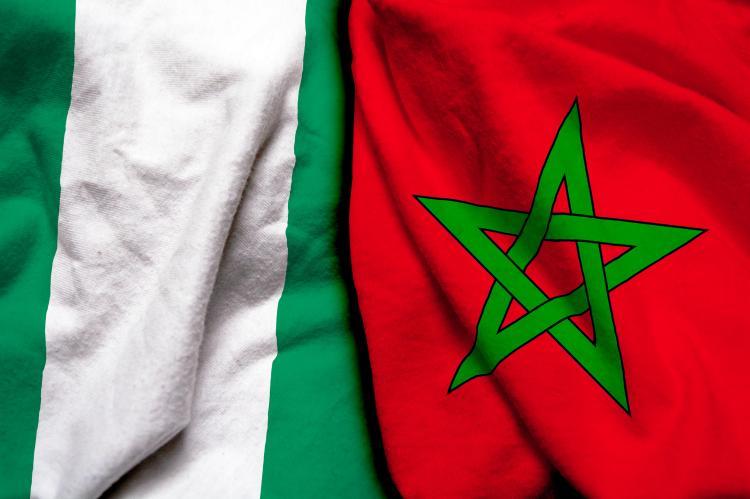Morocco & Nigeria Revive Ambitious Gas Pipeline Plan Amid Energy Crunch

Morocco and Nigeria are reigniting efforts on a massive gas pipeline project that could bypass Algeria and deliver billions of cubic meters of fuel to Europe.
King Mohammed VI invited Nigerian President Bola Ahmed Adekunle Tinubu to visit Morocco during a phone call where they discussed the African-Atlantic Gas Pipeline, a 5,600-kilometer project slated to run along the coastlines of 13 West African nations.
Conceived in 2016 by King Mohammed VI and then-Nigerian President Muhammadu Buhari, the pipeline would link Nigeria, Africa's largest gas producer, with Morocco, significantly boosting the North African kingdom's energy security. Morocco would host over 1,600 kilometers of the pipeline.
Both countries have prioritized stalled energy projects since the 2021 Russian invasion of Ukraine triggered a global gas crunch. Morocco, heavily reliant on Algerian gas before Algiers severed the Maghreb-Europe pipeline in 2021, stands to benefit greatly from the project.
"The Morocco-Nigeria gas pipeline strategic project is part of that endeavour," King Mohammed VI said in November, highlighting its potential to benefit both Africa and Europe.
The Maghreb-Europe pipeline previously earned Morocco transit fees and affordable Algerian gas, but the diplomatic rift with Algeria forced Rabat to seek alternative sources. With domestic natural gas production barely exceeding 100 million cubic meters annually, Morocco remains heavily dependent on external supplies.
While bypassing Algeria eliminates a major hurdle, uniting 13 countries across a politically complex region presents its own challenges. The success of the project hinges on securing cooperation and navigating potential instability in some participating nations.
Despite the complexities, the African-Atlantic Gas Pipeline holds significant promise for both Morocco and Nigeria, offering energy security, economic benefits, and potentially a crucial link for European gas diversification efforts. The renewed discussions between Rabat and Abuja signal a strong commitment to making this ambitious project a reality.

